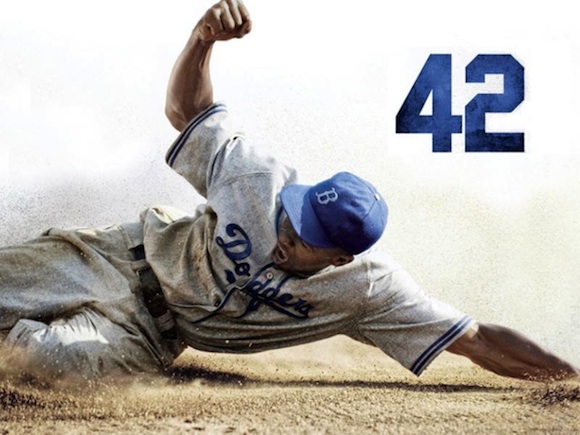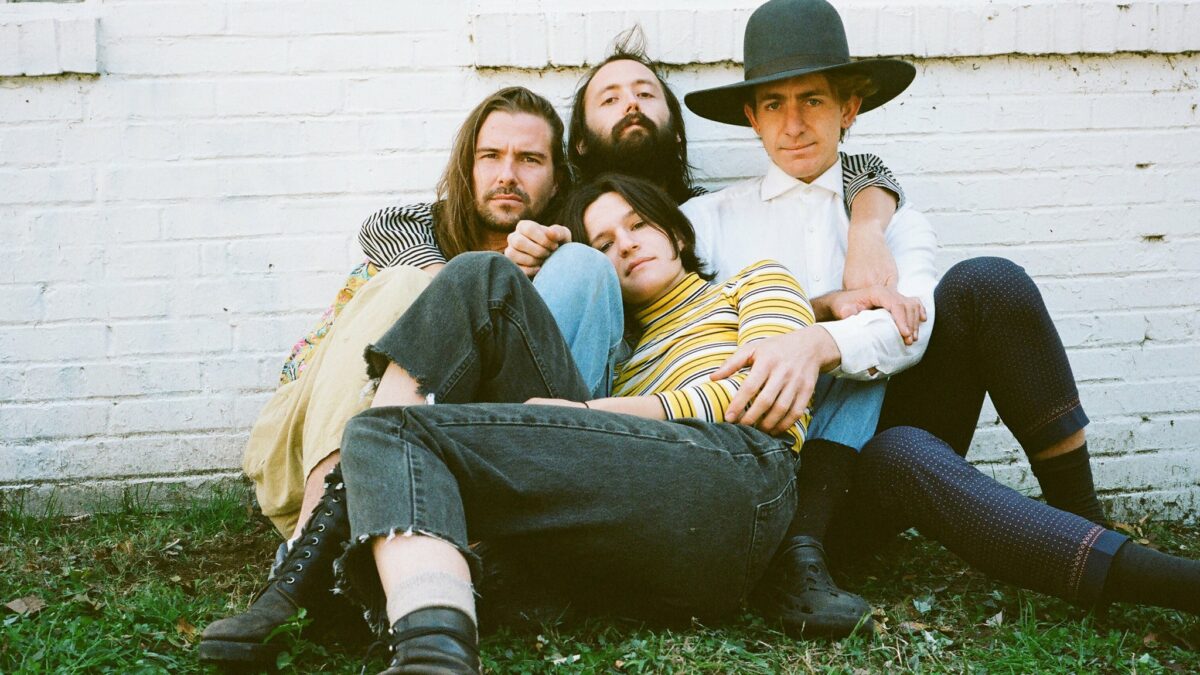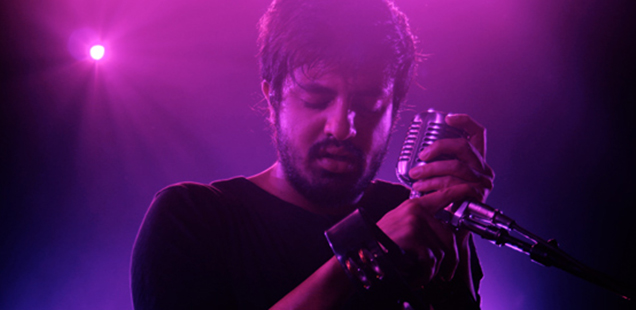Movie Review: 42
Early on in 42, the Jackie Robinson biopic written and directed by Brian Helgeland (Robin Hood, Green, L.A. Confidential), Branch Rickey (Harrison Ford), the co-owner and general manager of the Brooklyn Dodgers, delivers the first of many cringe-worthy lines: “A black man in white baseball.”
 It’s cringe worthy because it’s over-obvious, a line written not for the characters in the room, but for moviegoers apparently too dense or ignorant about Jackie Robinson and his place in sports and civil rights history.
It’s cringe worthy because it’s over-obvious, a line written not for the characters in the room, but for moviegoers apparently too dense or ignorant about Jackie Robinson and his place in sports and civil rights history.
Rickey’s repeated presence usually signifies another protracted, on-the-nose speech about the state of racism and baseball in 1940s America. It also signifies the presence (by his absence) of the African-American savior who will transform baseball and with it, change America or to take a step back from the hyperbole, visibly aid the burgeoning civil rights movement by presenting the first African-American baseball player as both an exceptional talent (which he was) and the unthreatening face of accommodation and integration (because responding in kind to racist insults was never an option). 42 suggests Rickey looked at a stack of folders and picked Robinson (Chadwick Boseman) as the lone African-American test case for his bold, defiant plan to integrate baseball. Robinson wasn’t alone on the Dodgers and elsewhere, other teams were making similar plans to break the color barrier.
At their first meeting, Rickey gives Robinson and, by extension, the audience the rundown of what’s to come: Robinson will face ostracism from his teammates (or worse), verbal mistreatment (or worse) from opposing players, and a constant barrage of racist insults from baseball fans in the seats. Robinson, however, has to play the saint. Despite a background in the military that suggests a low tolerance for racism, Rickey thinks Robinson has the skills and talents to become a great baseball player and the near-superhuman control of his temper to avoid escalation. With that in mind, Rickey sends Robinson to his minor league affiliate, the Montreal Royals. There, Robinson faces everything Rickey outlined for him, but succeeds where it counts, on the baseball diamond, making his promotion to the big leagues the following spring a foregone conclusion.
A visionary capitalist of sorts, Rickey sees a future where African-Americans play side-by-side with white players, and he plans on taking full advantage of that development financially and on the field where African-American players will help the Dodgers win the National League pennant and the World Series. So Rickey does what visionary capitalists do: They use financial coercion to get what they want. Rickey’s clear-cut orders to support Robinson only go so far, however. When Robinson reaches the majors, he’s met with, at best, grudging acceptance and, at worst, open hostility, but the support from Rachel (Nicole Beharie), his wife, and Wendell Smith (Andre Holland), a reporter for an African-American weekly, the Pittsburgh Courier, and, eventually, two key players on the Dodgers, Ralph Branca (Hamish Linklater) and future Hall-of-Famer Pee Wee Reese (Lucas Black), help him persevere.
It takes a particularly virulent experience with the openly racist manager of the Philadelphia Phillies, Ben Chapman (Alan Tudyk), to turn the team around to Robinson’s side. The intervention of a third player, Eddie Stanky (Jesse Luken), does what Robinson can’t do for himself: He calls out Chapman for his racism. The verbal attacks don’t stop (they never did), but a unified team racks up the wins necessary to win the pennant. All that’s left is the replay of an early season encounter between Robinson and the ugly-tempered pitcher for the Pittsburgh Pirates who beaned him months earlier. The second encounter goes as expected (as does everything else) solidifying Robinson’s lock on the Rookie of the Year Award, the first stop on his Hall of Fame career.
Showtimes and Tickets






